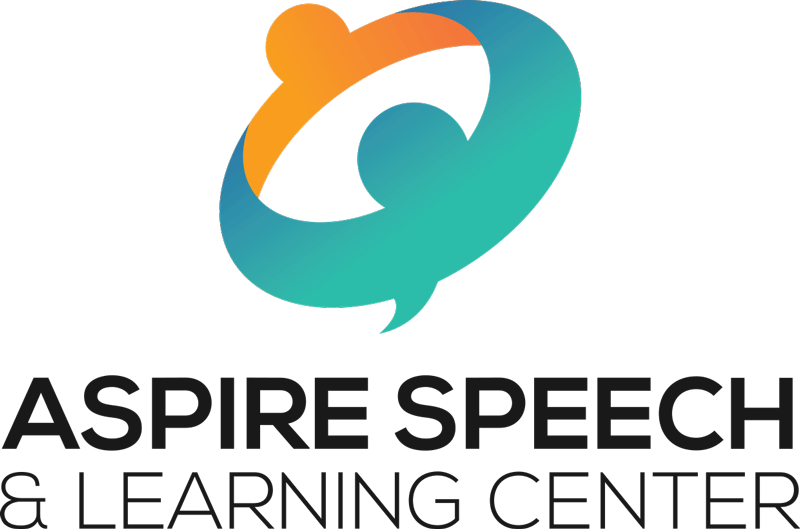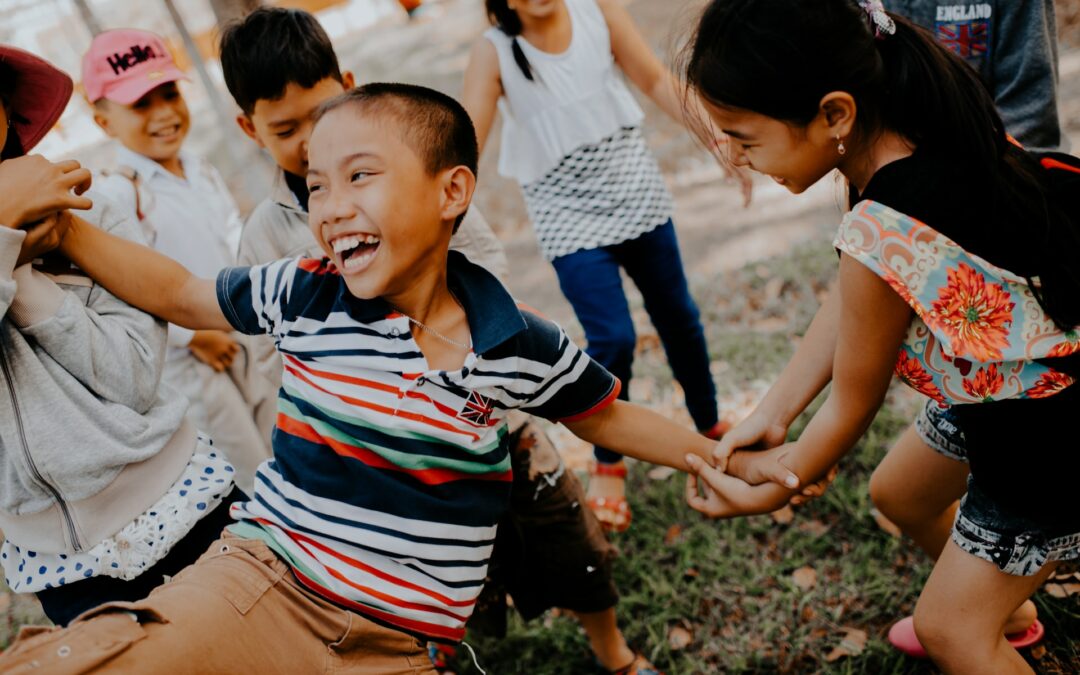When we think of learning, we don’t often equate that with play. Child play means just that; something that children engage in that is not as serious or important as work, academic learning, or growing in other areas of life. However, play is an incredibly powerful activity that allows children to learn, teach and explore the world around them in a way that inherently encourages critical thinking.
For 20 minutes, children can become a fireman that has to solve the problem of precariously raising the ladder of a small truck and placing it against a block of Jenga tiles to help the cat down from the top. The language required to coordinate these actions with a friend or family member requires a lot of practice, which means making many mistakes.
Play provides an environment for children to learn and practice complex language without feeling or being like work. The advantage of this is that it allows for the opportunity for the people in that child’s life to introduce a wide range of new ways to engage with the world. These activities can range from learning how to functionally play with a toy (e.g., stacking blocks) to complex imaginary play (e.g., pretending to own a bakery). The level and complexity all depend on the child, and the type varies on what play actions can be performed.

